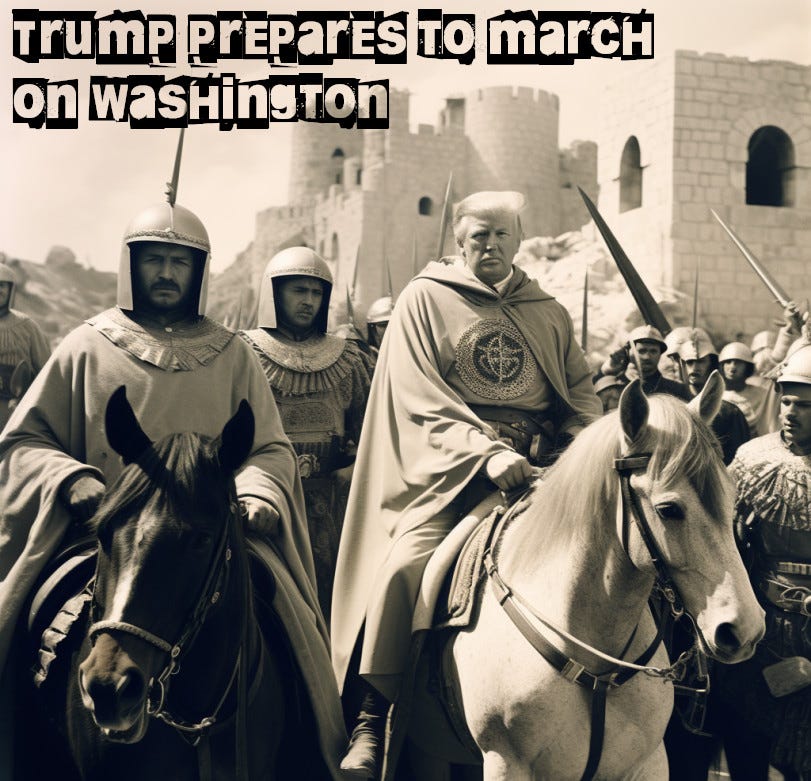A government of the wealthy, by the wealthy
A study proves that the political preferences of the working class have no effect on policy
Working class Americans don’t have any influence on government policy. That’s according to a 2014 study published in the Cambridge University Press which analyzed polling results and compared them to income. The researchers used these findings to determine political preferences by “class,” and whether those preferences were considered by government leaders as they enacted policy.
Gilens and a small army of research assistants gathered data on a large, diverse set of policy cases: 1,779 instances between 1981 and 2002 in which a national survey of the general public asked a favor/oppose question about a proposed policy change.
For each case, Gilens used the original survey data to assess responses by income level. In order to cope with varying income categories across surveys, he employed a quadratic logistic regression technique to estimate the opinions of respondents at the tenth income percentile (quite poor), the fiftieth percentile (median), and the ninetieth percentile (fairly affluent).
The researchers divided respondents into three income levels and found something interesting: many middle class Americans support the same policies that the wealthy prefer.
It turns out, in fact, that the preferences of average citizens are positively and fairly highly correlated, across issues, with the preferences of economic elites. Rather often, average citizens and affluent citizens (our proxy for economic elites) want the same things from government.
This makes intuitive sense to me. I’ve been friends with people who were poorer than poor, and others who considered it normal to get a new car for their birthday, and everything in between. And upon reflection I see more commonalities between the middle (especially those with a college education) and upper class, than I do between the middle and lower class.
Painting with a broad stroke, the middle class aspires to be/act wealthy and they’re happy to distance themselves from Americans who wear camo to the grocery store. There aren’t any ducks in the Pop-Tart aisle, get a grip man!
Anyways… The study goes on to show that elite preferences have an outsized impact on policy in America.
By contrast, economic elites are estimated to have a quite substantial, highly significant, independent impact on policy. This does not mean that theories of Economic-Elite Domination are wholly upheld, since our results indicate that individual elites must share their policy influence with organized interest groups. Still, economic elites stand out as quite influential—more so than any other set of actors studied here—in the making of U.S. public policy.
American policy is largely determined by the economic elite, that’s probably not a revelation to you. What’s surprising is just how little impact the working class has.
When the preferences of economic elites and the stands of organized interest groups are controlled for, the preferences of the average American appear to have only a minuscule, near-zero, statistically non-significant impact upon public policy.
If this study is accurate it means that the man and woman on minimum wage never win. Or rather, they never win when their desire is at odds with that of the wealthy. This, my dear friends, is how you get Donald Trump.
Astonishing as it is, there are still millions of Democrats who don’t understand the orange man. “They’re voting against their economic interests!” I’ve heard people say of the working class, failing to grok that Trump was sent to Washington as a toupeed middle finger to an establishment that alternatively ridicules or ignores the lower echelons of America society.
Recent research by Larry Bartels and by one of the present authors (Gilens), which explicitly brings the preferences of “affluent” Americans into the analysis along with the preferences of those lower in the income distribution, indicates that the apparent connection between public policy and the preferences of the average citizen may indeed be largely or entirely spurious.
While the middle class might appear to get its way sometimes, that typically only happens when the interests of the middle and upper class align. When the interests of the middle class diverge from the elites, the elites win.
Since the preferences of ordinary citizens tend to be positively correlated with the preferences of economic elites, ordinary citizens often win the policies they want, even if they are more or less coincidental beneficiaries rather than causes of the victory.
Conclusions
The middle class is shrinking. I’ll cite Investopedia but you can get similar findings just about anywhere.
Prior to 2011, the American middle class had been shrinking for several decades. This downward trend, beginning in 1971, had resulted in a 22% drop in the share of adults in the middle class. - During this same time period, those living in higher-income households controlled an increasing share of aggregate income while the share decreased for the middle class.
Some percentage of those leaving the middle class have gotten lucky and made it into the upper echelons of society. Many others haven’t. To the extent that middle class Americans who tumble into the lower class adopt the standards and norms of their new station in life, these are millions more Americans who have no say in how things get done in this country.
The longer that our “democratic” government ignores the working class, the worse the pushback is going to be. I have no idea how popular discontent will manifest. Pitchforks in the street seems antiquated, but then again that’s exactly what’s been happening in France for the last few years.
One of my favorite orators on YouTube, Whatifalthist, has predicted a resurgence of a far right nationalist movement. That sounds vaguely plausible to me, but nobody can say for sure. I don’t look forward to the retributional chaos, and my preference would be for our government to re-enfranchise the working class and give them more of a say in how our country is run. Unfortunately, that option seems to be completely off the table for now.
America has remained relatively kinetically stable up to this point, with most of the vitriol manifesting online. However, I don’t know how much longer that will be the case, especially as tens of millions of Americans increasingly feel like they’ve got nothing left to lose.
Feeling bold? Maybe you’d like to support this radical publication. Common sense, critical thinking and logic represent our revolutionary ideals and Bring back sanity! is our banner. While the odds might be stacked against us, it’s going to be a fun ride all the way down 🤙









"They wouldn’t believe that in 2023 instead of flying cars we’re having a societal meltdown over the definition of a woman..."
John Prine:
"We are living in the future
I'll tell you how I know
I read it in the paper
Fifteen years ago
We're all driving rocket ships
And talking with our minds
And wearing turquoise jewelry
And standing in soup lines
We're standing in soup lines..."
"Anyways, that’s just an idea. I’m also biased because I live in South East Asia and every day I drive my motorcycle behind black smoke billowing dump trucks and I’m fucking sick of it."
Japanese secondhand trucks, poorly maintained or very old, tend to do that. Bear with us, we don't have the funds.
That being said, I think that hybrids will take over heavier vehicles while EV's can have the moped/e-bike/motor scooter market. Electric vehicles have a really hard time with higher carry weights and power density.